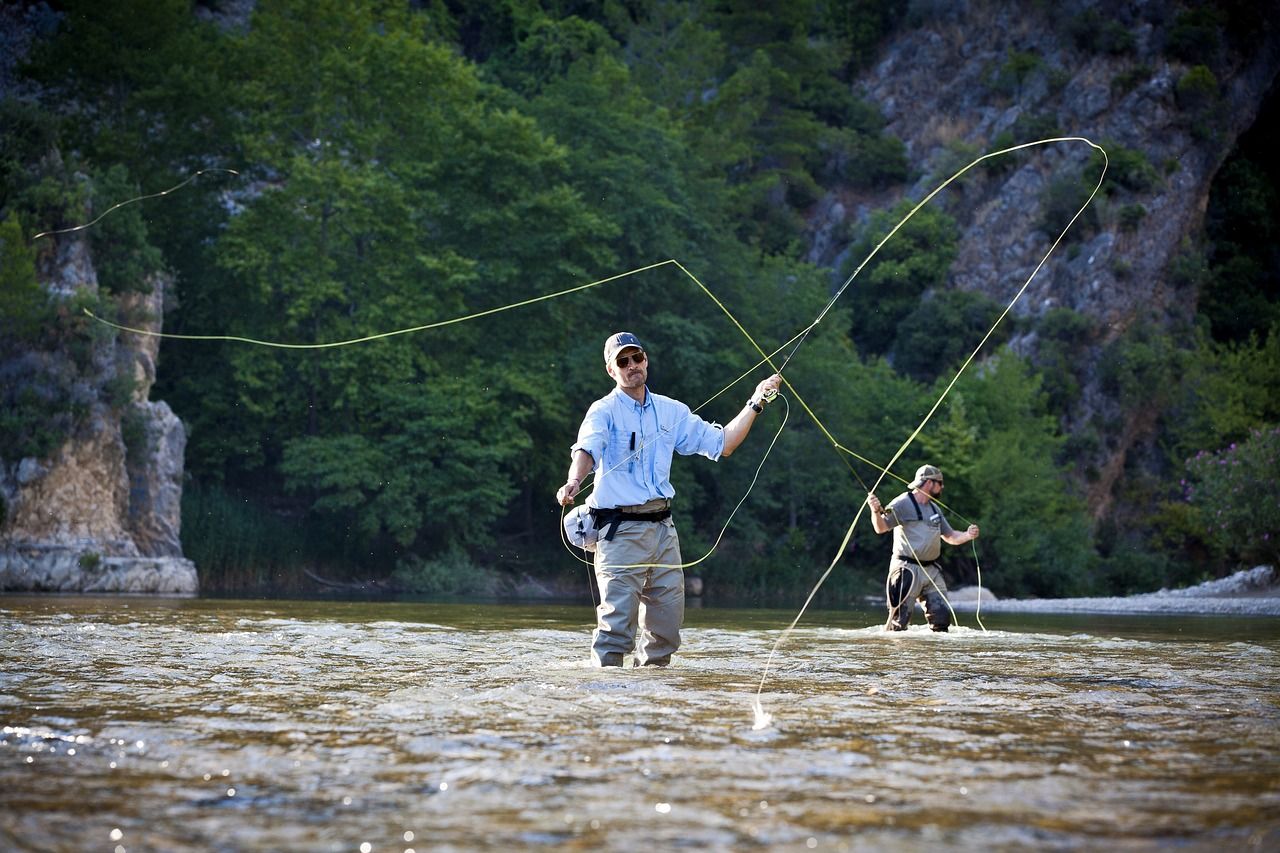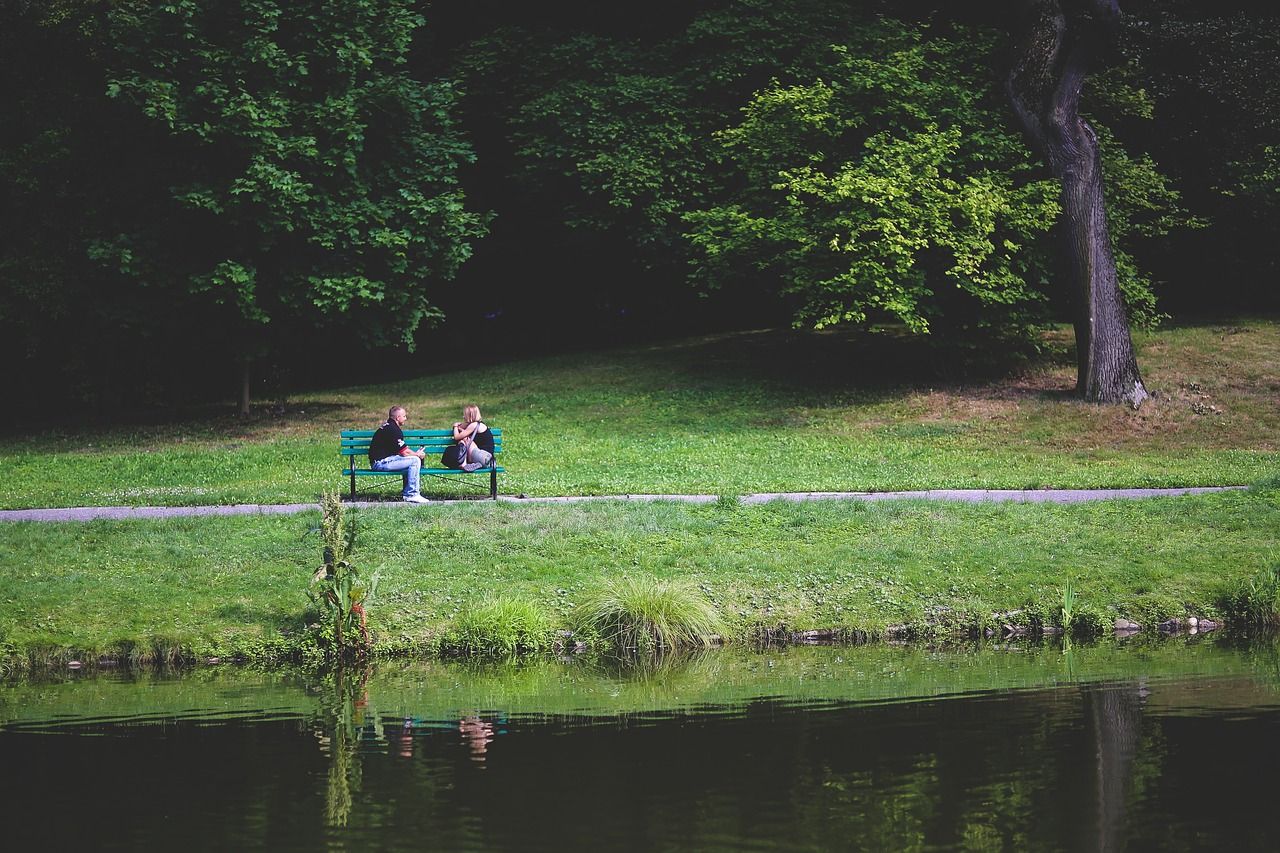What Is Nature-Based Mental Health Support?
Explore this blog to learn more about What Is Nature-Based Mental Health Support?.
Published on April 19, 2025
- /
- Blogs /
- What Is Nature-Based Mental Health Support?
Nature-based mental health support is a growing field that combines the therapeutic benefits of being outdoors with a community-focused approach to wellbeing. At its heart, it recognises something that people have known intuitively for centuries: that time spent in natural surroundings can be calming, grounding, and healing.
Unlike clinical therapy, which often takes place in formal environments and follows structured dialogue or treatment plans, nature-based support is informal, experiential, and driven by the individual. It invites people to engage at their own pace, in a setting that doesn’t judge or demand. It allows space for silence, movement, observation, and reflection. And it offers the freedom to connect with others — or simply with the environment.
At Reel Wellbeing, we use the outdoors as more than just a backdrop. Nature is a partner in our work. It helps create a safe atmosphere where people can step out of their usual routines and into a space that supports emotional reset. Trees, water, fresh air, and open skies all contribute to a sense of possibility. They offer contrast to the busy, overstimulating world many of us navigate every day.
This form of support is particularly helpful for people who find traditional services inaccessible or overwhelming. Whether due to anxiety, trauma, neurodiversity, or past experiences, many people feel uncomfortable in formal mental health settings. Nature-based sessions provide a gentler alternative. There’s no fixed script, no pressure to talk, and no expectations of a specific outcome. Just the freedom to show up, be present, and explore what feels right.
Nature-based mental health support often includes activities like walking, gardening, wildlife watching, or in our case, fishing. But the activity itself is never the goal. It’s a vehicle for presence. A way to create rhythm, structure, and purpose. For someone who feels disconnected or stuck, even simple acts like casting a line or tending a plant can become meaningful markers of the day.
One of the strongest aspects of this approach is its focus on relational healing. Being outdoors with others — in an unpressured, respectful space — naturally encourages social contact. People begin to feel seen again. They share space, share silence, and sometimes, share stories. These gentle connections often become the foundation for trust, confidence, and renewed self-worth.
Scientific studies increasingly support what we see in our sessions: that nature improves mood, lowers stress hormones, reduces anxiety, and even supports cognitive recovery. In the UK, organisations such as Natural England and the Centre for Sustainable Healthcare have documented the value of green social prescribing, and pilot programmes across the country have reported strong outcomes from outdoor-based interventions.
But beyond data, there’s lived experience. At Reel Wellbeing, we see the transformation that can happen when someone feels safe outside. When they’re given the freedom to breathe, to speak or not speak, to connect with others or simply sit in stillness. These small shifts add up. They help people rebuild identity, purpose, and agency — often after years of feeling unseen.
Nature-based mental health support isn’t a replacement for therapy or medication, but it can be a vital complement. It offers something unique: the ability to engage with healing in a way that feels natural, empowering, and unforced.
In a time when mental health services are stretched and many people fall between the gaps, this kind of support has never been more needed. It provides an accessible, human-centred pathway to recovery — one that doesn’t rely on diagnosis, labels, or clinical definitions.
At Reel Wellbeing, we’re proud to be part of this movement. We believe that everyone deserves access to a kind, supportive space where they can reconnect with themselves and the world around them. And for many, that journey starts not in a waiting room — but outdoors.

